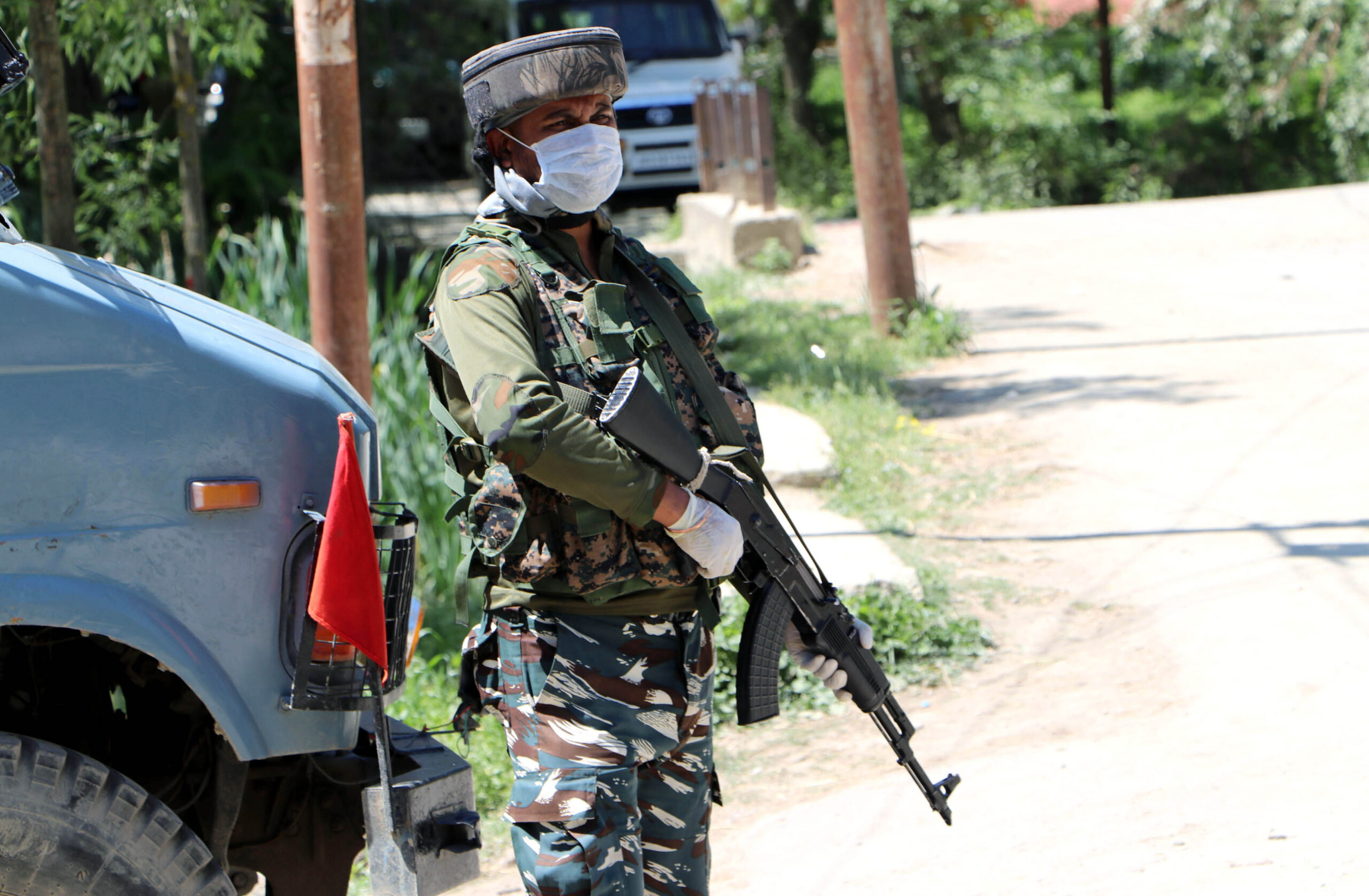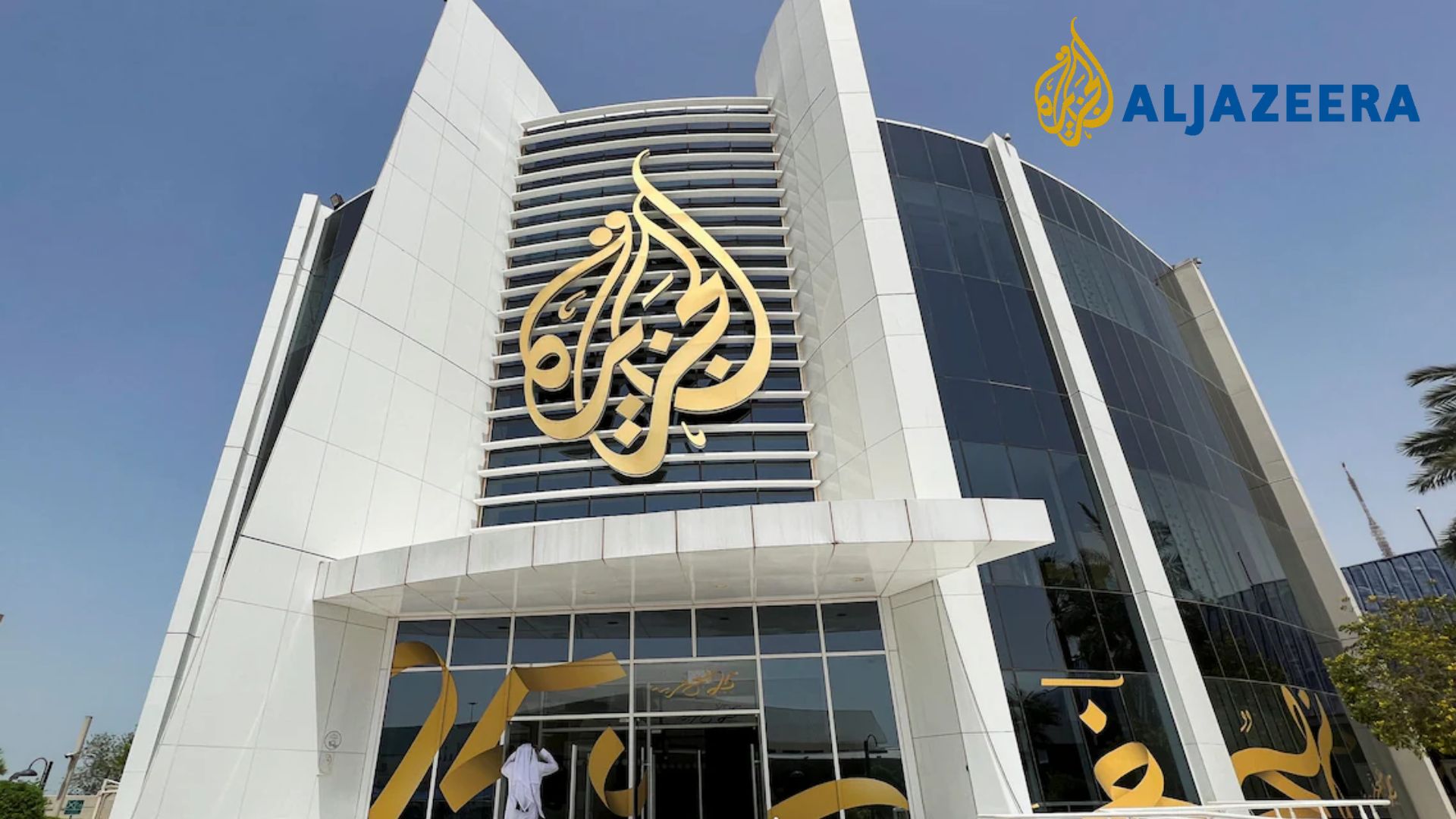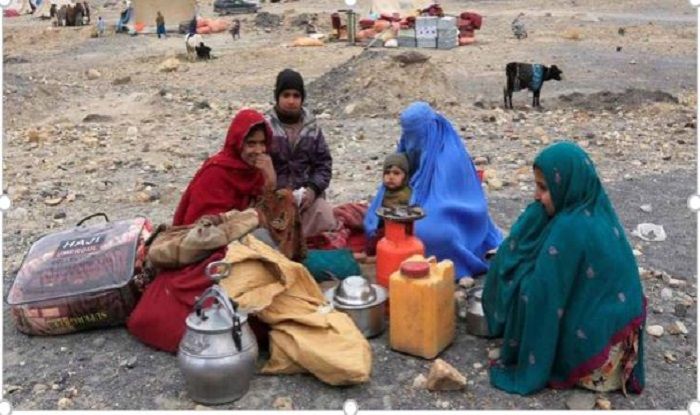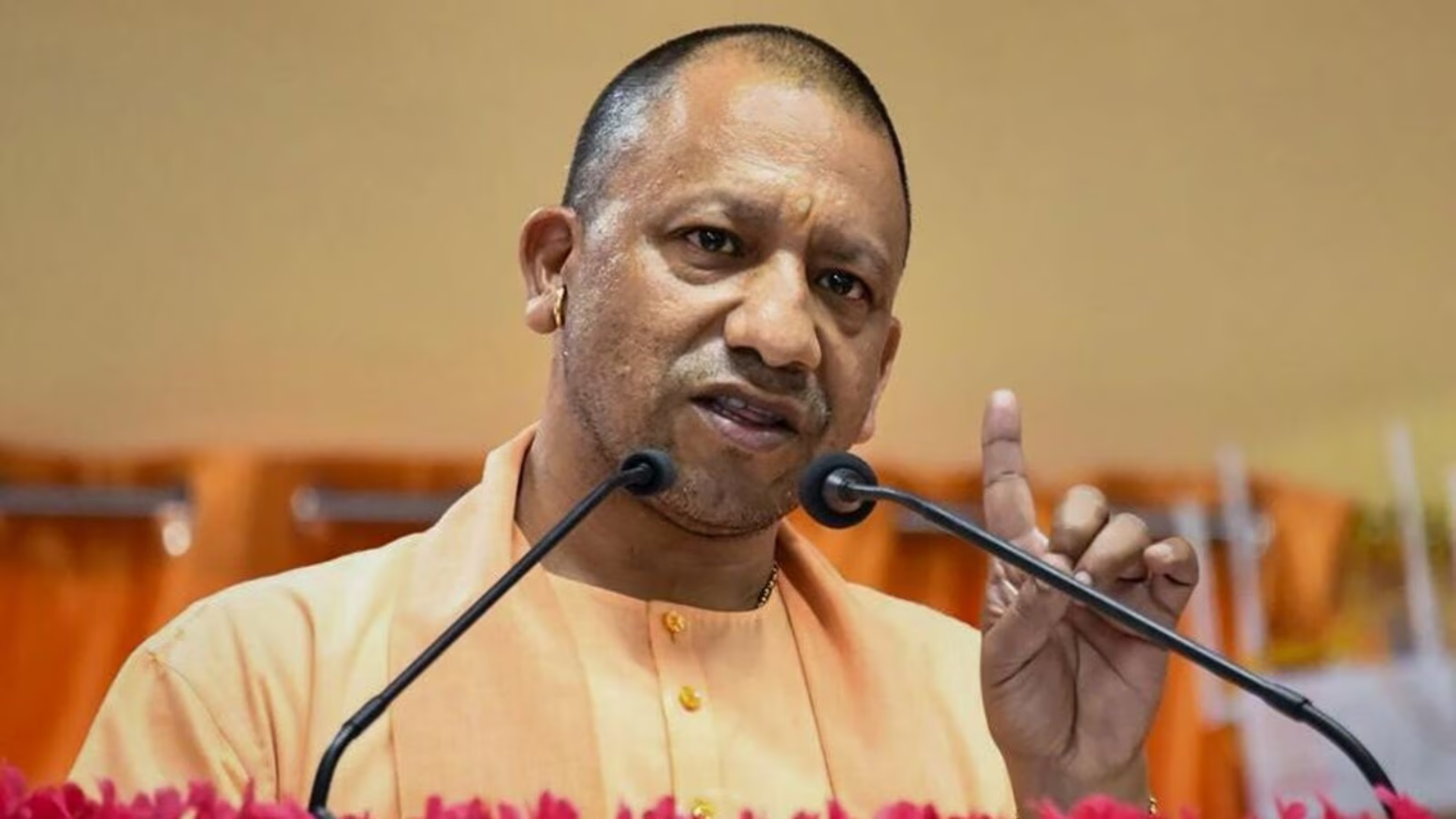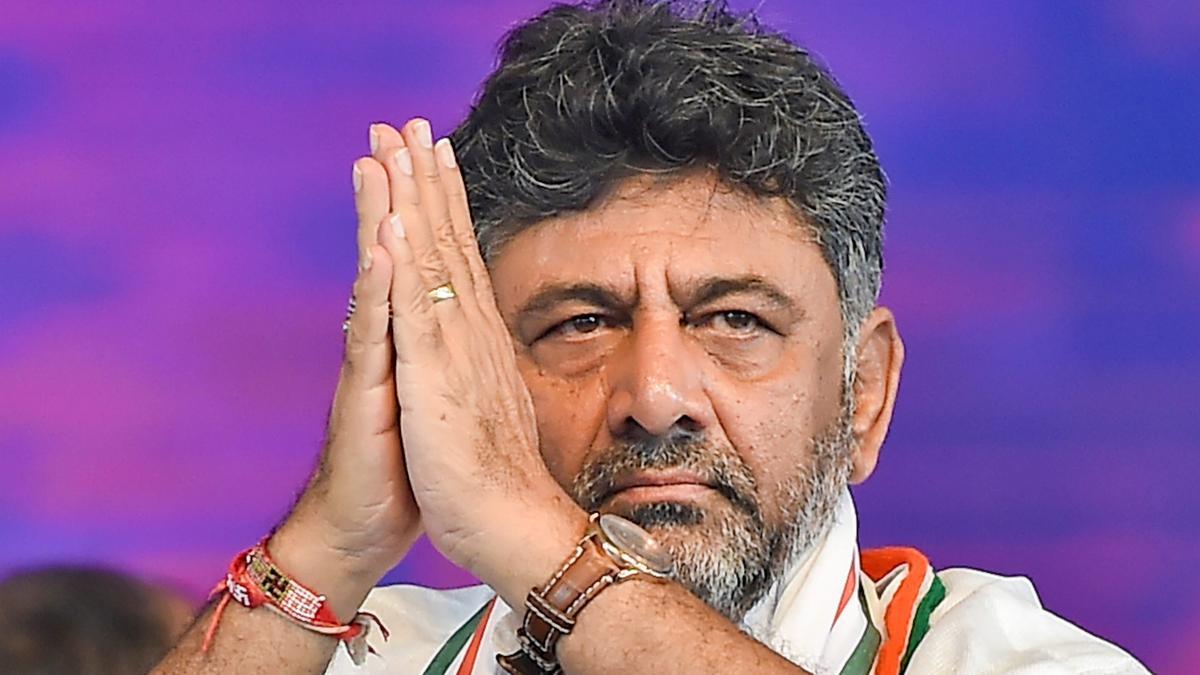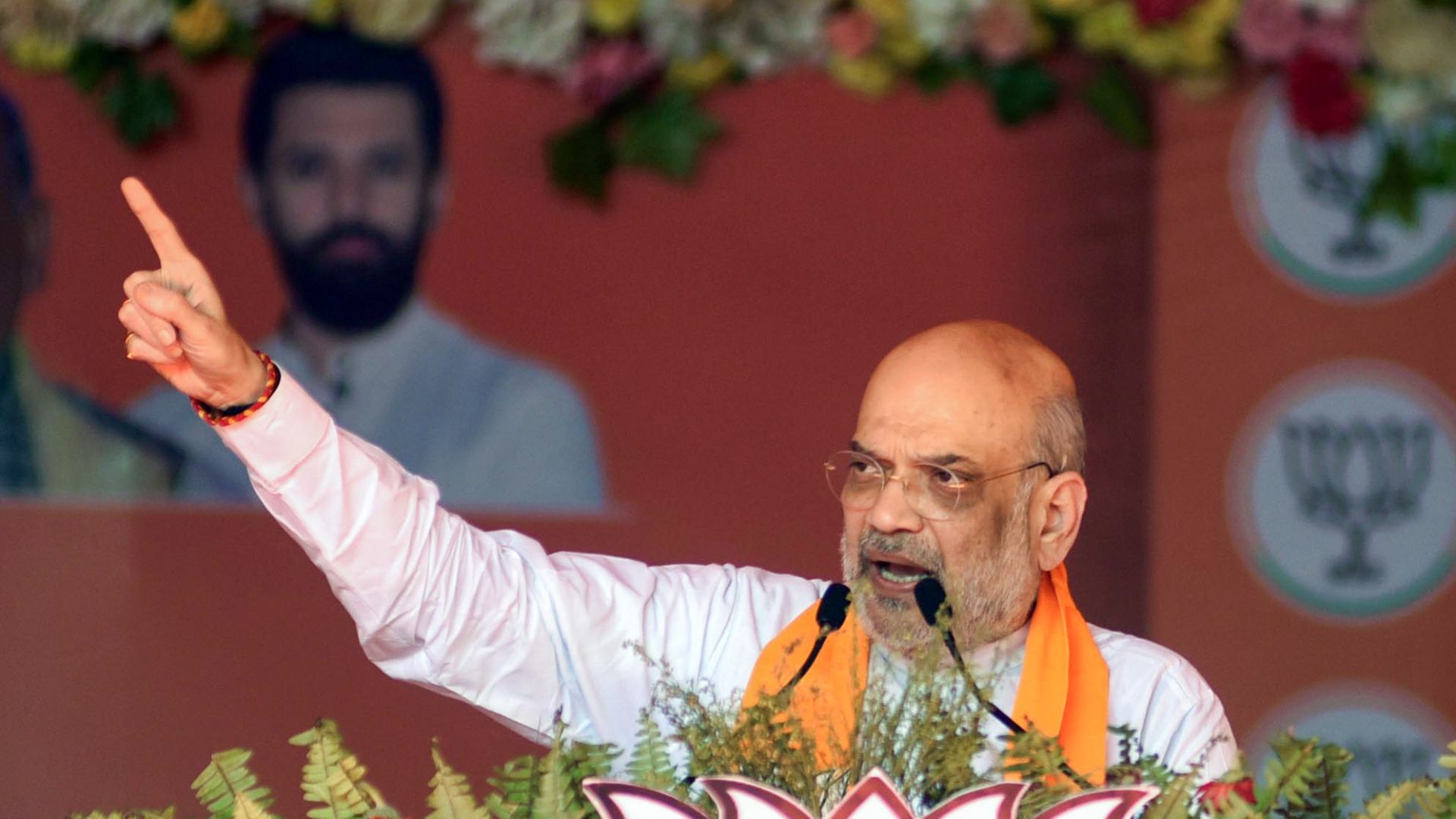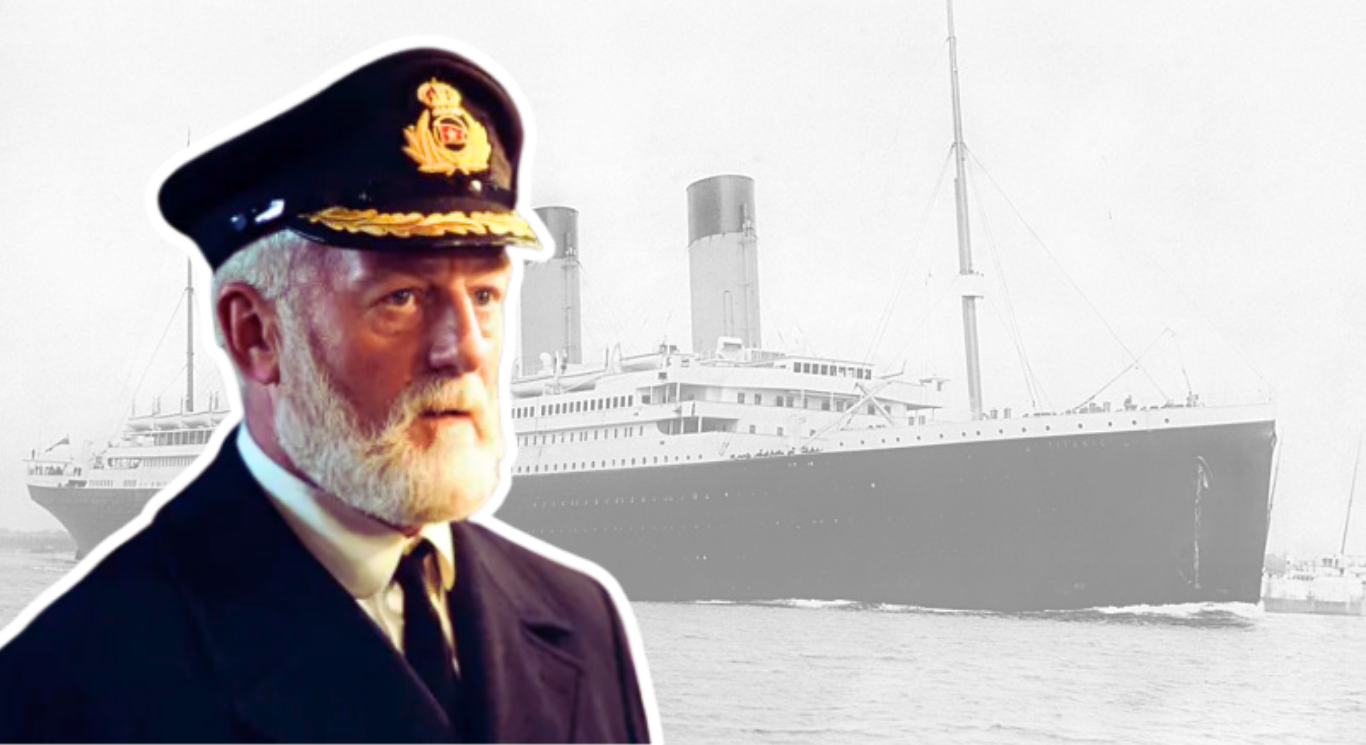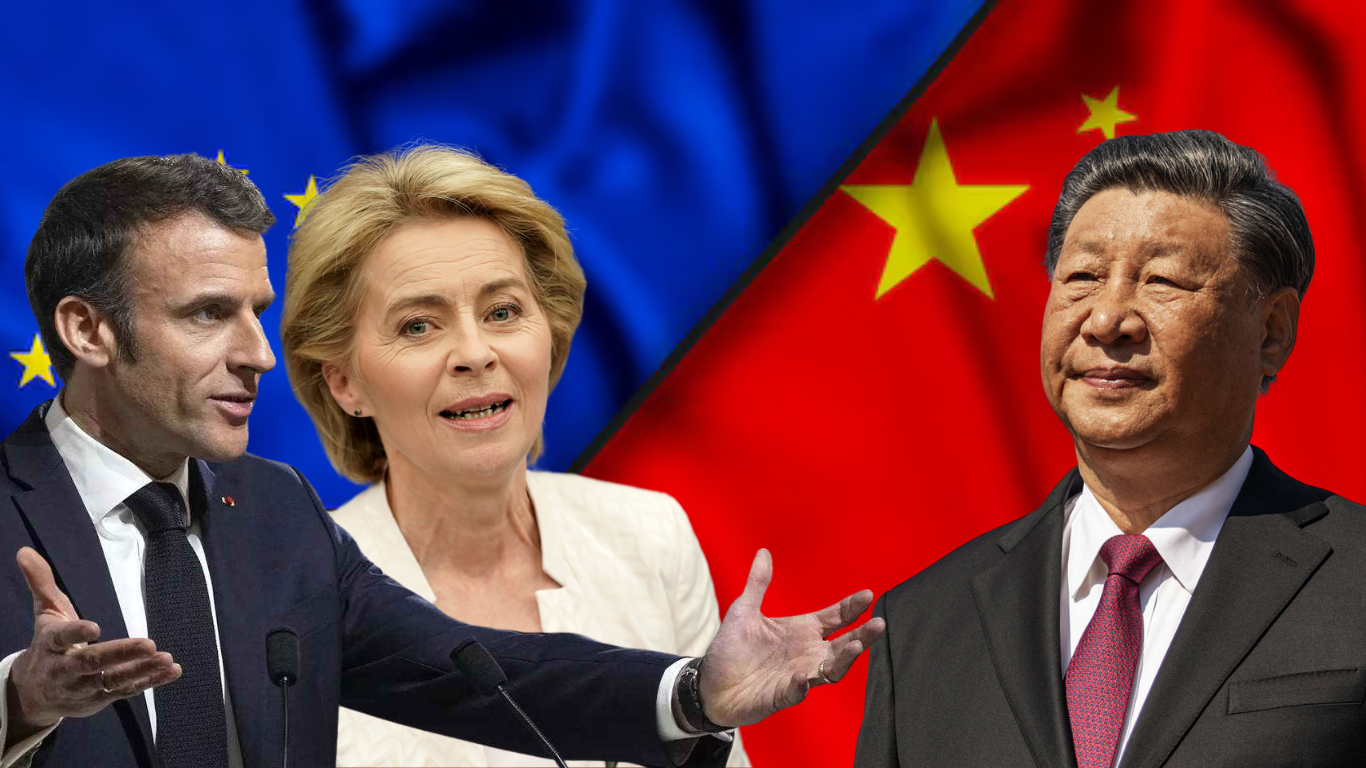


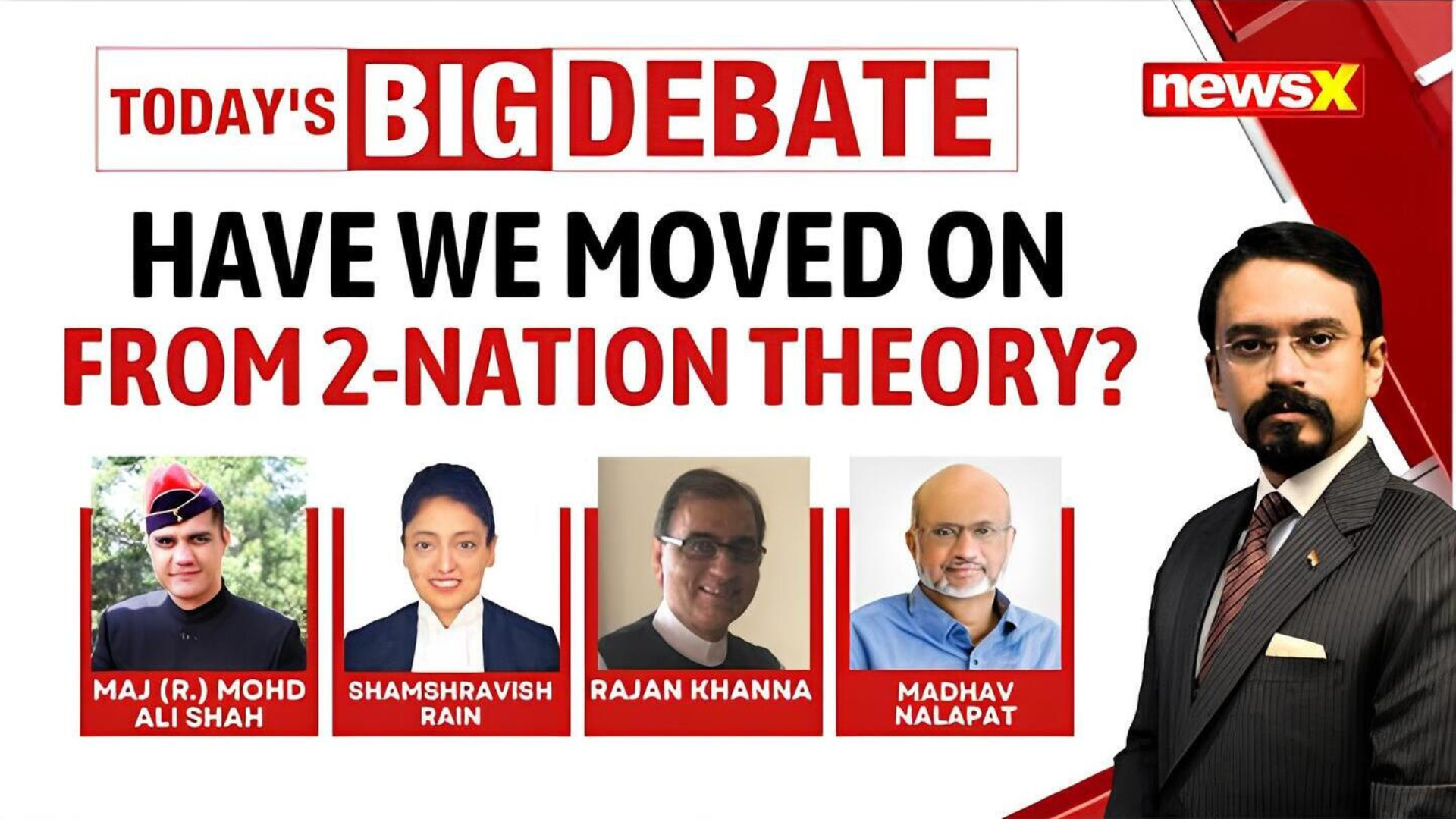
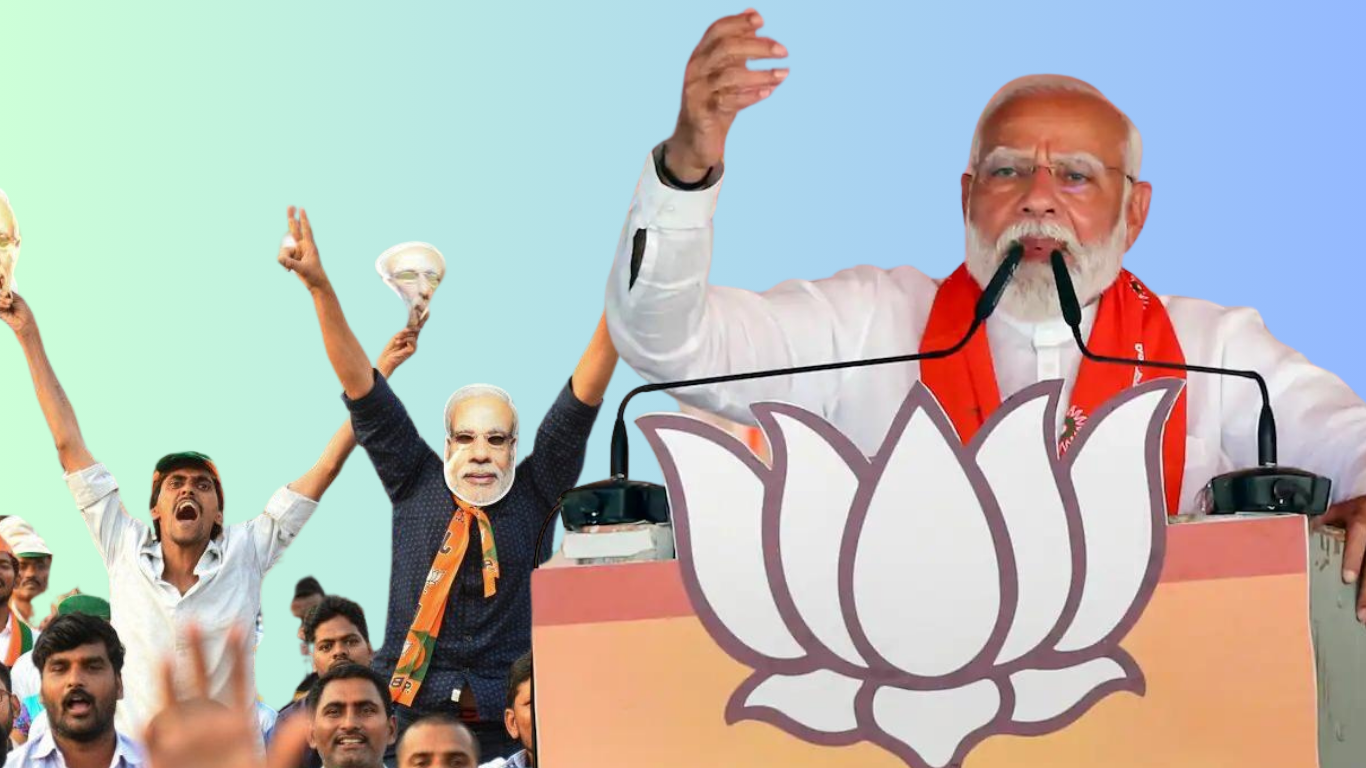
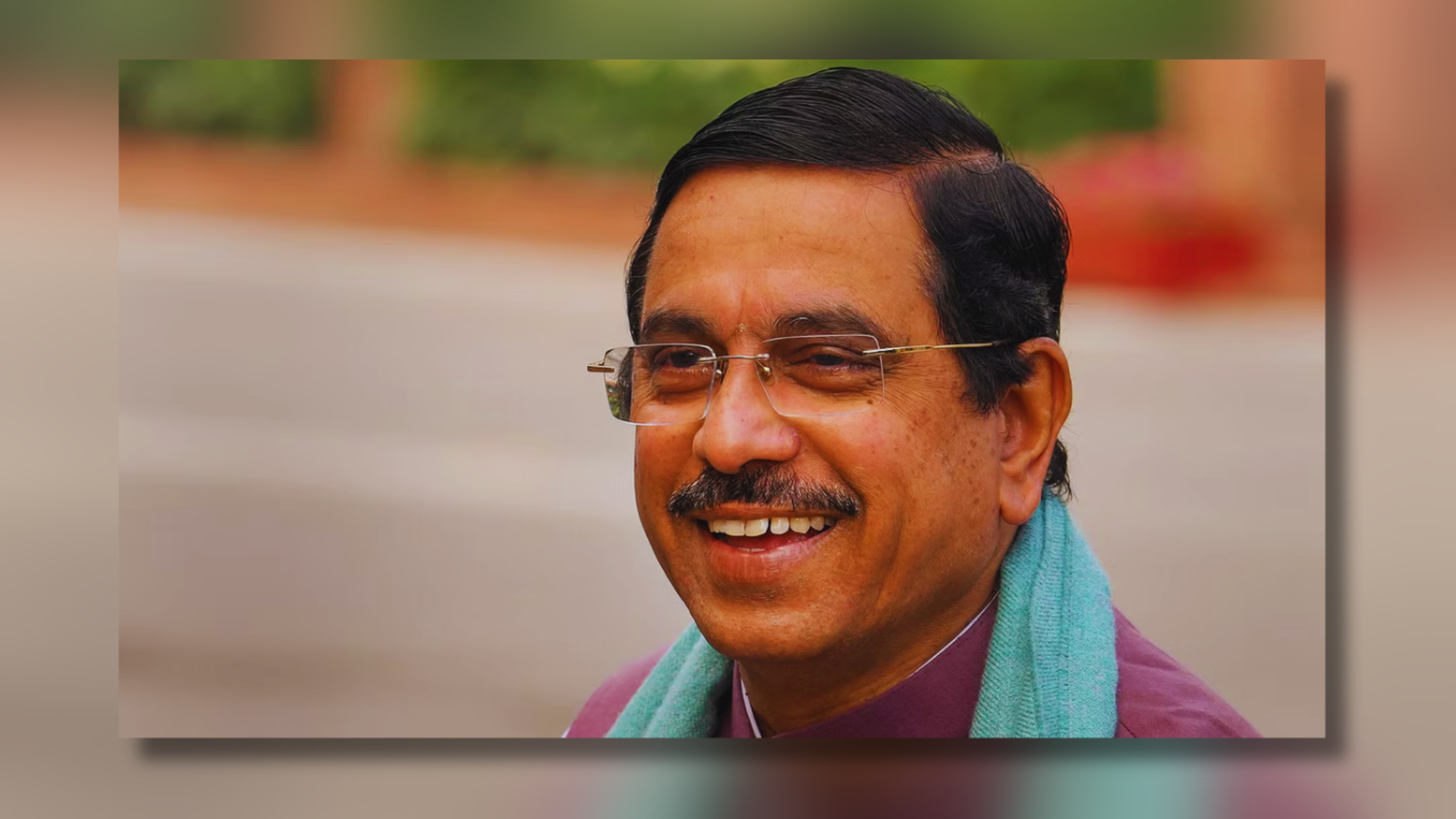
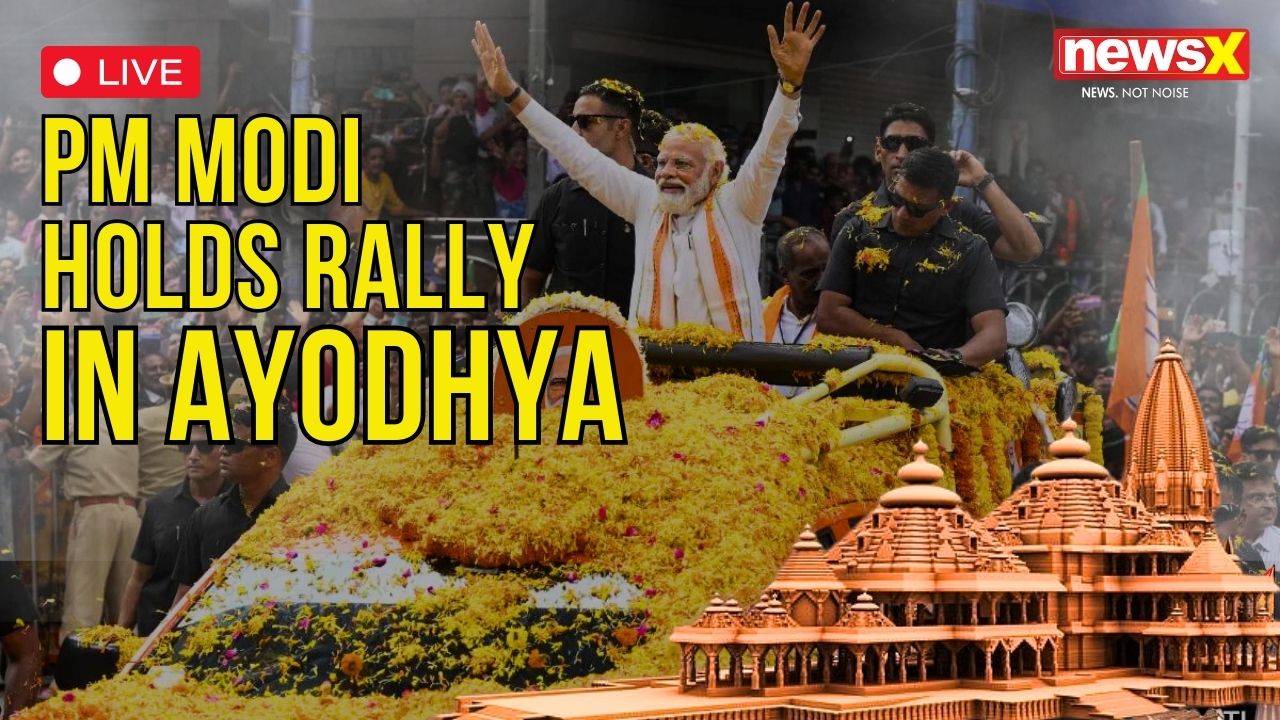
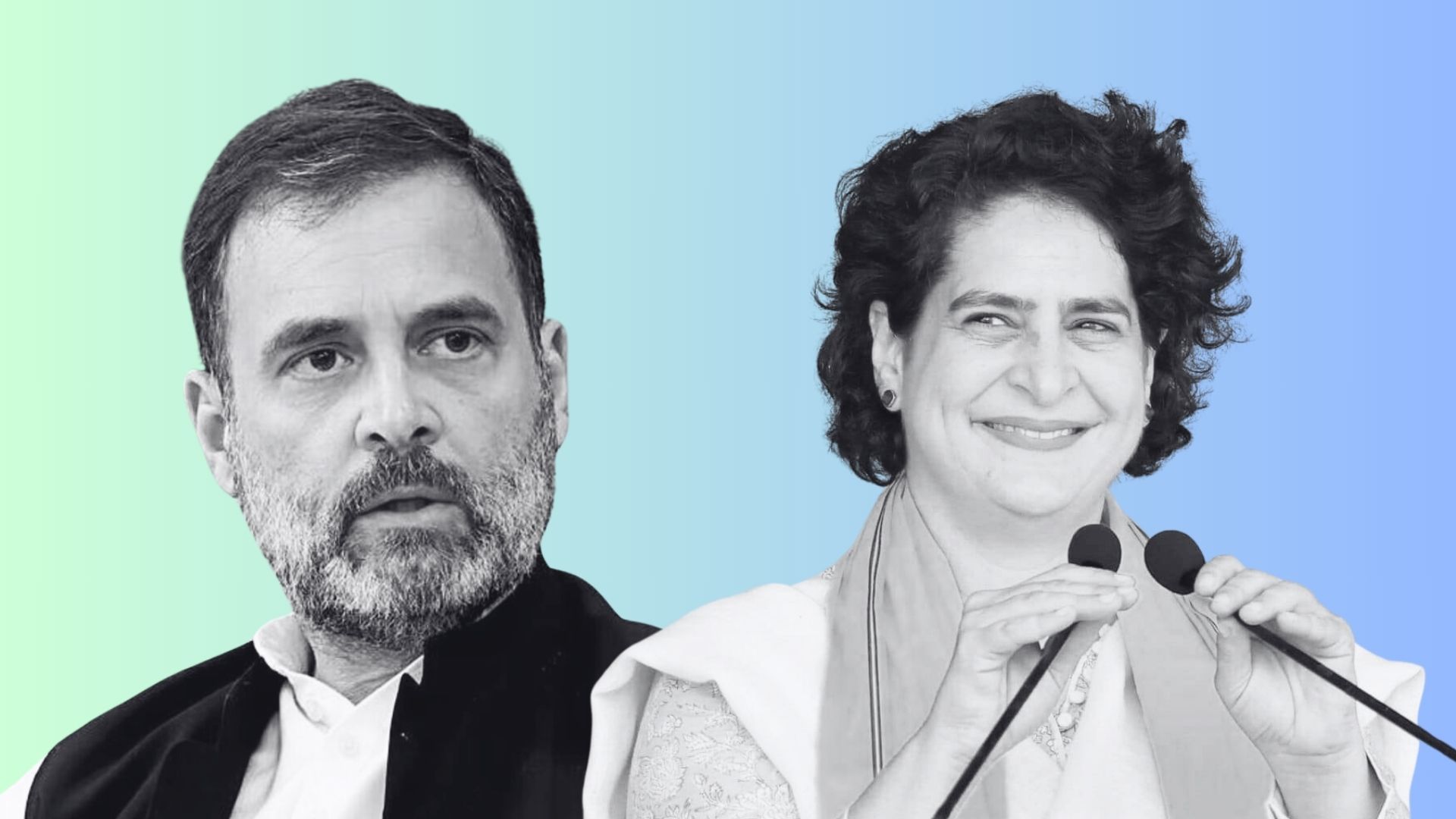
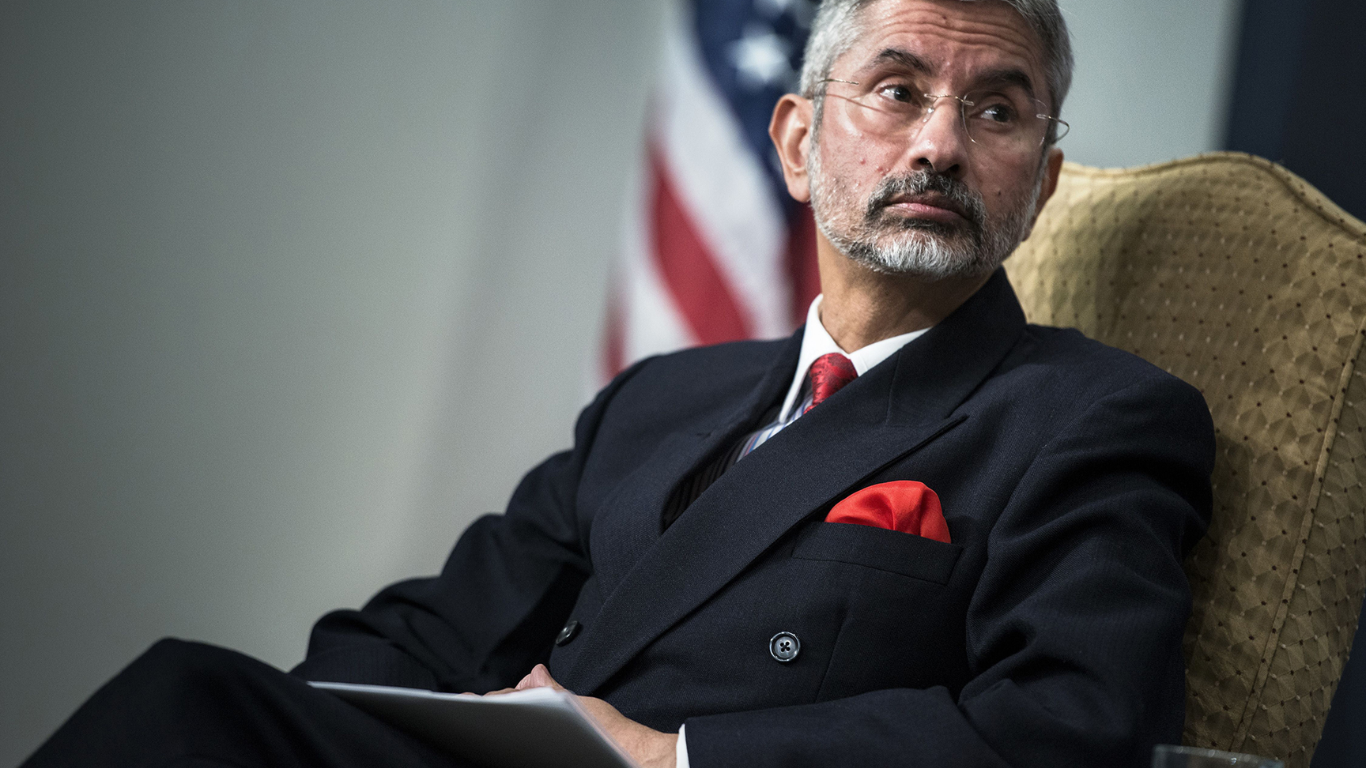
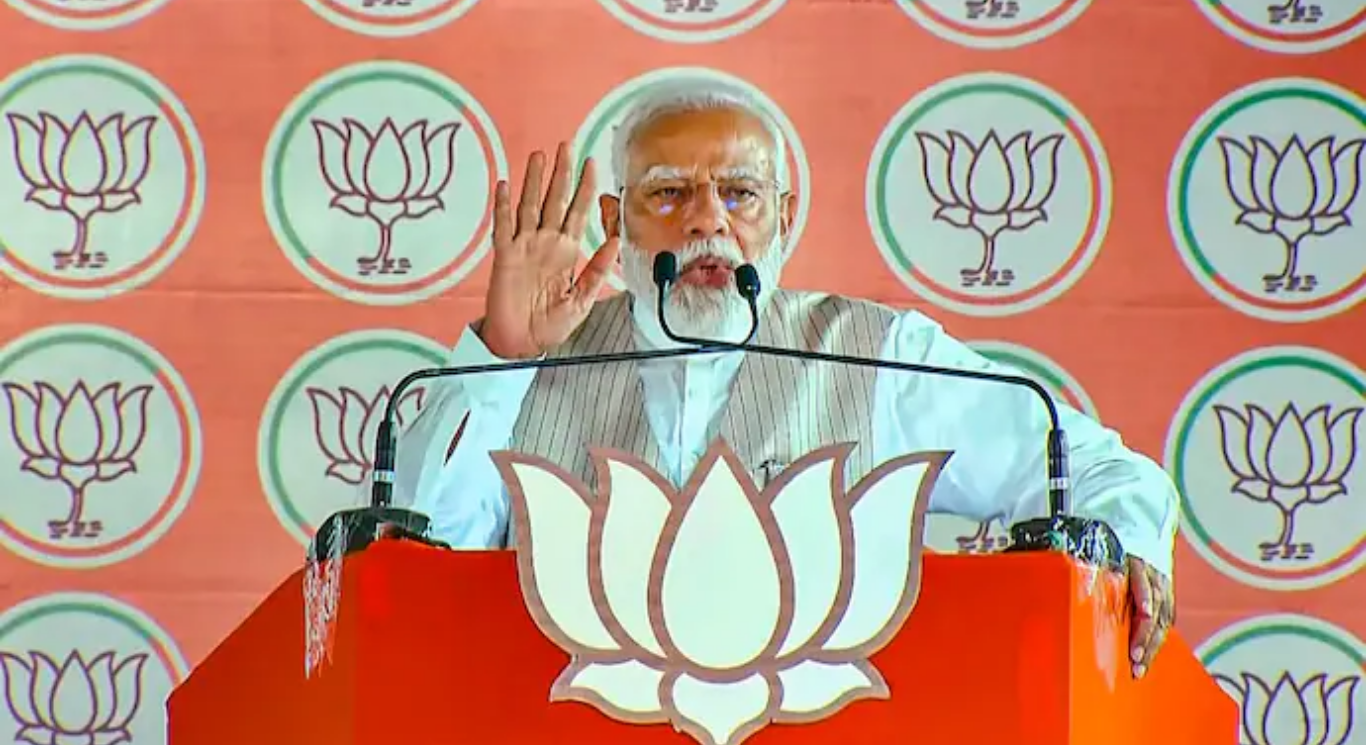
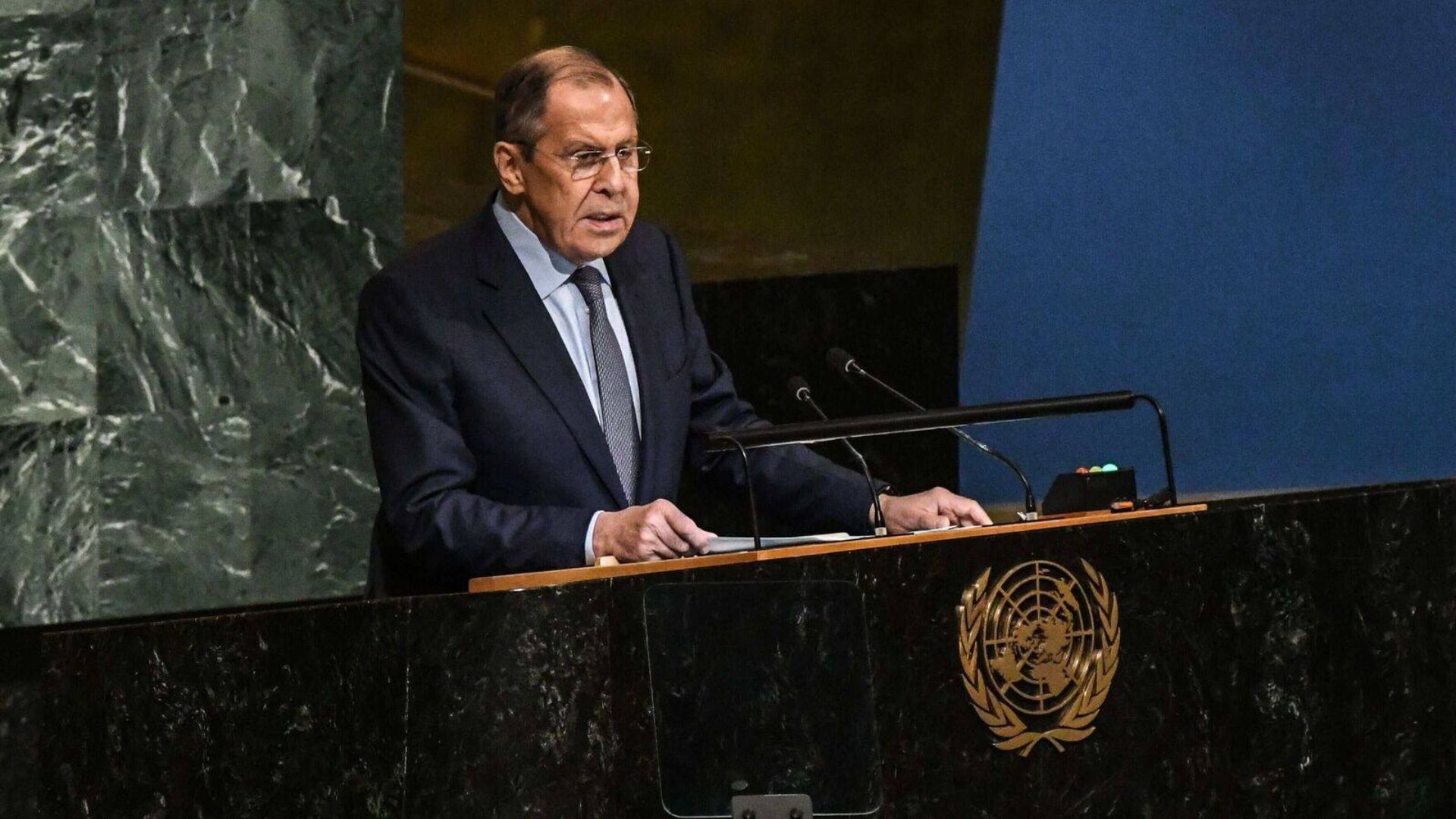
In a decisive statement on Saturday, the Russian ambassador to India, Denis Alipov, emphasized the urgent need for reforms within the United Nations and its associated agencies. Alipov made a compelling case for India’s inclusion as a permanent member of the UN Security Council, highlighting the country’s potential to foster balance and advocate for the interests of the majority of nations, particularly those in the Global South.
Speaking in an interview with the RT news agency, Alipov reiterated Russia’s steadfast support for India’s candidacy, citing the nation’s commendable performance during its non-permanent membership in the UNSC from 2021 to 2022. He praised India’s leadership in steering the Council during its presidency terms and underscored its professionalism in multilateral diplomacy, as evidenced by its successful G20 presidency.
Alipov raised concerns about the alleged polarization within the UN, which he believes complicates discussions regarding Security Council expansion. He noted the disproportionate representation of the West in the Council and expressed skepticism towards the promotion of new Western candidates. Emphasizing the need to align the Council’s composition with modern realities, he stressed the importance of consensus and acknowledged the legitimate aspirations of India and other deserving contenders from Asia, Africa, and Latin America for permanent membership.
Highlighting the flourishing trade and economic relations between Russia and India, Alipov hailed the unprecedented level of cooperation between the two nations. He underscored Russia’s pivotal role as one of India’s top trading partners, particularly in the supply of hydrocarbons, mineral fertilizers, agricultural products, and diamonds. Alipov emphasized the mutually beneficial nature of the partnership, which fosters trust and creates opportunities for further collaboration.
The strategic partnership between India and Russia, deeply rooted in historical ties and shared interests, encompasses extensive defense cooperation and burgeoning energy collaboration. Russia remains a key supplier of military equipment to India, with both nations engaging in joint military exercises and technology transfers. The Kudankulam nuclear power plant stands as a testament to their cooperation in the energy sector, underscoring Russia’s expertise in nuclear technology and its contribution to India’s energy security and technological advancement.
Despite challenges and scrutiny, particularly regarding India’s import of Russian oil, both countries remain committed to deepening their ties across various sectors. As India emerges as one of the largest importers of Russian oil, the partnership between the two nations continues to evolve, driven by mutual respect, shared interests, and a commitment to fostering global stability and prosperity.

